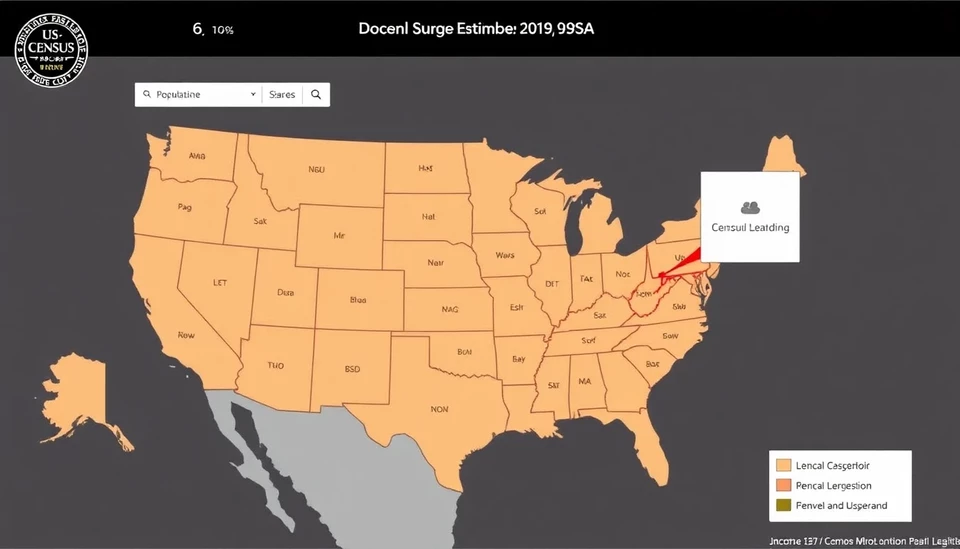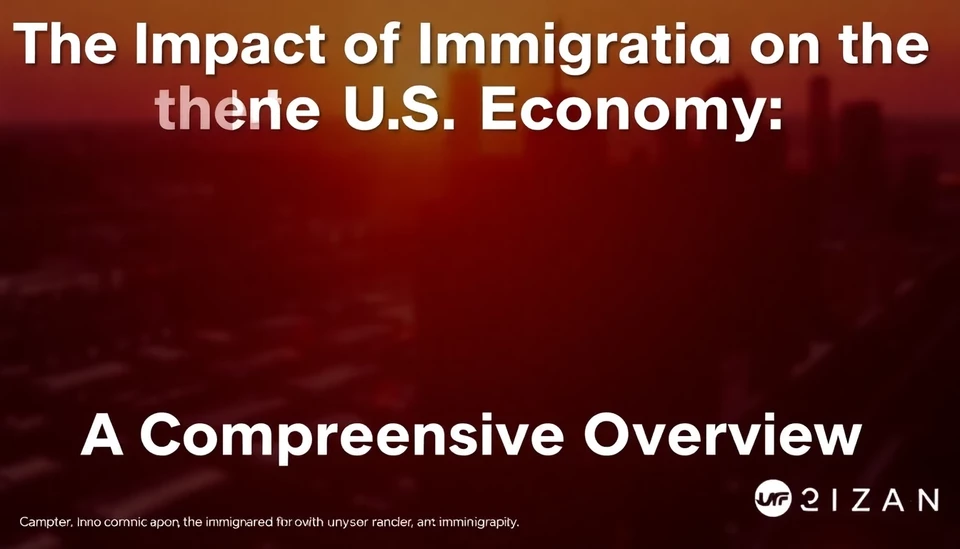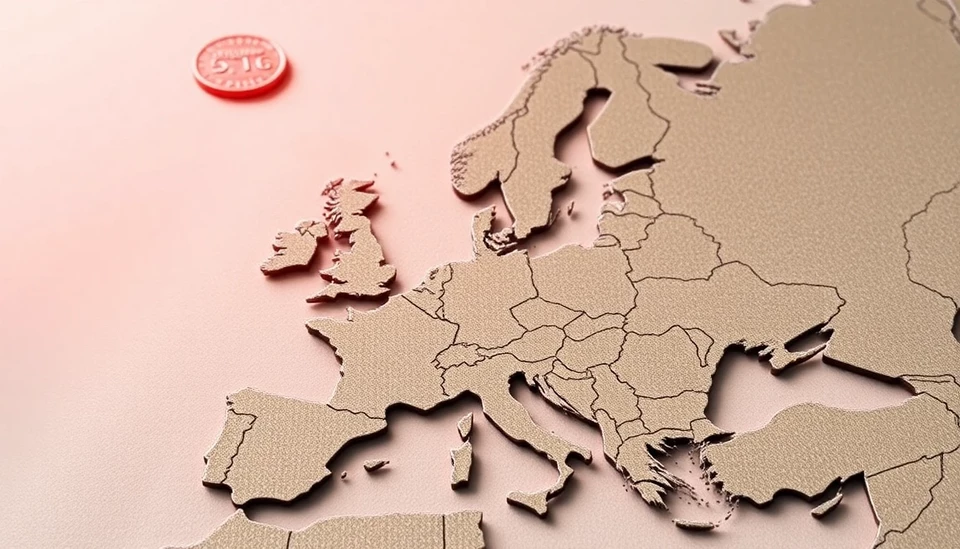
US Birth Rates Surge in 2024, Driven Solely by Hispanic and Asian Populations
In a surprising twist, the United States has witnessed an increase in birth rates last year, but the growth has been concentrated exclusively within Hispanic and Asian communities. This uptick in births diverges from the wider trend seen over the past decade, where American birth rates had been in decline, leading many experts to ponder the social and economic implications of this demographic shift.
Continue reading
US Population Predicted to Decline by 2033 Without Immigration, Warns CBO
The Congressional Budget Office (CBO) has issued a stark warning regarding the future of the United States population, predicting a decline by the year 2033 if immigration levels remain stagnant. This forecast underscores the significant role that immigration plays in sustaining population growth and highlights the potential economic implications of a shrinking populace.
Continue reading
China's Declining Birth Rate: The Rise of Pet Ownership
Recent statistics have revealed a significant decline in China's birth rate, raising concerns regarding the country's demographic future. As families opt to have fewer children or forgo parenthood altogether, there has been a noticeable boom in pet ownership, particularly among younger generations. This trend unveils a shifting social paradigm in China where furry companions are becoming the preferred "children" for many households.
Continue reading
South Korea Sees Glimmer of Hope as Fertility Rate Increases for First Time in Years
In a significant shift for a nation grappling with one of the lowest fertility rates in the world, South Korea has reported a slight increase in its birth rate. This marks the first uptick in years and offers a rare glimmer of hope amid ongoing demographic challenges. In the latest data released, the country’s fertility rate edged up from the historically low levels that have raised concerns about the nation’s future workforce and economic sustainability.
Continue reading
US Census Bureau's Population Estimate Web Pages Face Access Issues
The U.S. Census Bureau is currently facing a significant challenge with its online portal dedicated to population estimates. Users have reported widespread inaccessibility to critical web pages that provide essential demographic data. This issue poses a concern for researchers, policymakers, and anyone relying on official population statistics for various applications.
Continue reading
New Department of Transportation Policy Links Funding to Birth Rates and Marriage Trends
In a surprising turn of events, recent memos from the U.S. Department of Transportation (DOT) have unveiled a controversial new policy that ties federal funding for transportation projects directly to demographic metrics, particularly birth rates and marriage statistics. This policy aims to address concerns about declining population growth in certain regions while simultaneously ensuring that transportation infrastructure aligns with community needs.
Continue reading
The Impact of Immigration on the U.S. Economy: A Comprehensive Overview
Recent analyses have illuminated the intricate relationship between immigration and the economic dynamics of the United States. As the nation grapples with various challenges, understanding how immigration shapes labor markets, innovation, and economic growth has become increasingly critical.
Continue reading
Turkey Implements New Incentives to Boost Birth Rates as Population Declines
In a proactive response to a worrying decline in birth rates, Turkey has announced a set of new incentives aimed at encouraging families to have more children. The government is increasingly alarmed by statistics indicating that the country's birth rates have seen a notable decrease, raising concerns for the future demographic landscape.
Continue reading
Canada’s Population Growth Hits Two-Year Low Due to Migration Curbs
In a significant shift that may reshape the demographic landscape of Canada, new statistics reveal that the country’s population growth has plummeted to its lowest level in two years. This decline, attributed primarily to recent changes in immigration policy, raises concerns about the future workforce and economic stability.
Continue reading
Europe's Economic Crossroads: Hard Choices Ahead for Sustainable Growth
As Europe navigates the uncertain waters of its economic future, a significant crossroads looms on the horizon. The continent must grapple with the consequences of its economic policies and the pressing need for reform. With growth stagnation becoming a real concern, the European Union faces a choice: undertake the hard work necessary to foster a more robust economy or risk enduring periods of minimal growth.
Continue reading